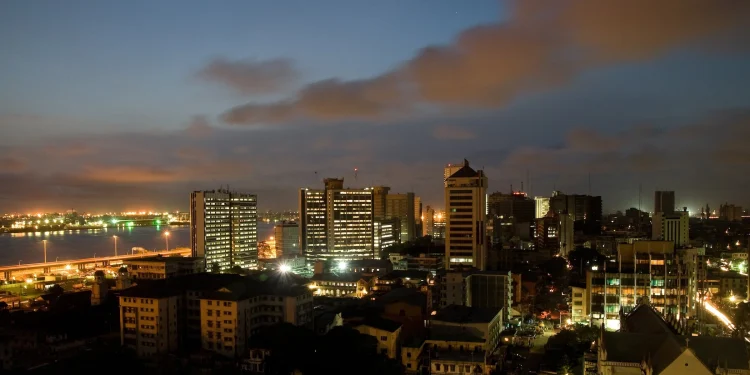Saudi Arabia’s Vision 2030 has become one of the clearest examples of a nation rewriting its economic future with intention. It sets targets, defines priorities and pushes every sector towards long-term transformation. Nigeria has talked about similar ambitions for decades, but without a unified national roadmap that citizens, investors and institutions can rally behind. That gap is starting to show, especially as global competition for capital and talent accelerates.
A Country with Enormous Potential but No Shared Direction
Nigeria has the population, youth energy and market size to lead Africa. Yet growth moves in cycles rather than consistent progress. Each administration introduces new slogans and policies, but they rarely survive beyond a single political term. Without continuity, the country stays in a loop of restarting instead of building.
Contrast that with Saudi Arabia, where Vision 2030 established a 15-year national project that survives political changes and integrates every ministry, region and private-sector player into one long-term mission. Nigeria lacks that level of cohesion, and it shows in areas like infrastructure, industrial planning, job creation and investment attraction.
The Urgency Created by a Changing Global Economy
The world is shifting. Energy markets are transitioning. Digital skills are becoming the foundation of global competitiveness. Countries are racing to attract investors with clear policy environments and predictable reforms.
Saudi Arabia understood that relying on oil alone was no longer sustainable. Nigeria faces the same risk, but with less time and fewer buffers. A unified national plan could force difficult reforms, prioritise sectors that matter and help Nigeria catch up in areas where other emerging economies are already moving faster.
What a Nigerian Vision 2030 Could Look Like
Nigeria does not need to copy Saudi Arabia, but it does need a similarly structured, long-term framework that imposes discipline on development.
A Nigerian version could focus on:
- Expanding non-oil revenue and modernising tax systems.
- Building digital and power infrastructure with real accountability.
- Scaling local manufacturing, from pharmaceuticals to electronics.
- Developing agriculture as a technology-driven export engine.
- Creating special zones that actually work and attract industry.
- Reforming education to produce globally competitive talent.
Positioning Nigeria as a hub for startups, data and advanced technology.
But beyond ideas, the real lesson from Vision 2030 is execution. Timelines, measurable goals, public dashboards, transparent spending and strict follow-through are what drive confidence.
A Generation Ready to Build, But Waiting for Structure
Nigeria’s youth are not short of ambition. They are building startups, learning new skills and participating in the global talent economy. But the country has not created a stable environment to match their drive. Without a national plan, their progress becomes individual rather than collective.
Saudi Arabia uses Vision 2030 to mobilise its young population. It gives them industries to enter, programmes to join and opportunities to build. Nigeria needs something similar, a system that aligns ambition with national development.
A Chance to Reset National Expectations
A Nigerian Vision 2030 would not solve every problem overnight. But it would create a shared understanding of where the country is going and what success looks like. Investors respond to clarity. Citizens respond to transparency. Institutions respond to long-term targets.
The choice is simple: continue reacting to crises year after year, or commit to a structured transformation plan that outlives political cycles.
Nigeria already has the scale and talent. What it lacks is a unified national roadmap, and Vision 2030 shows how powerful such a roadmap can be.














